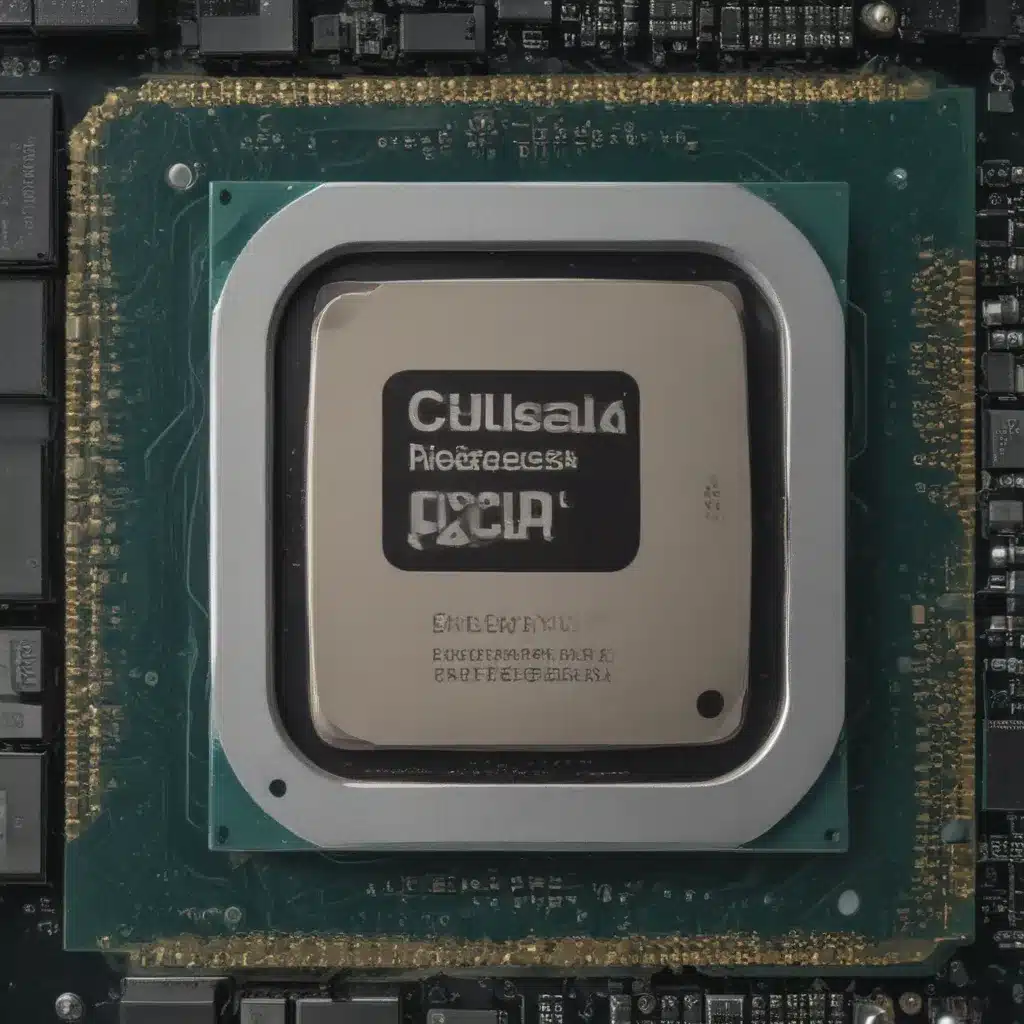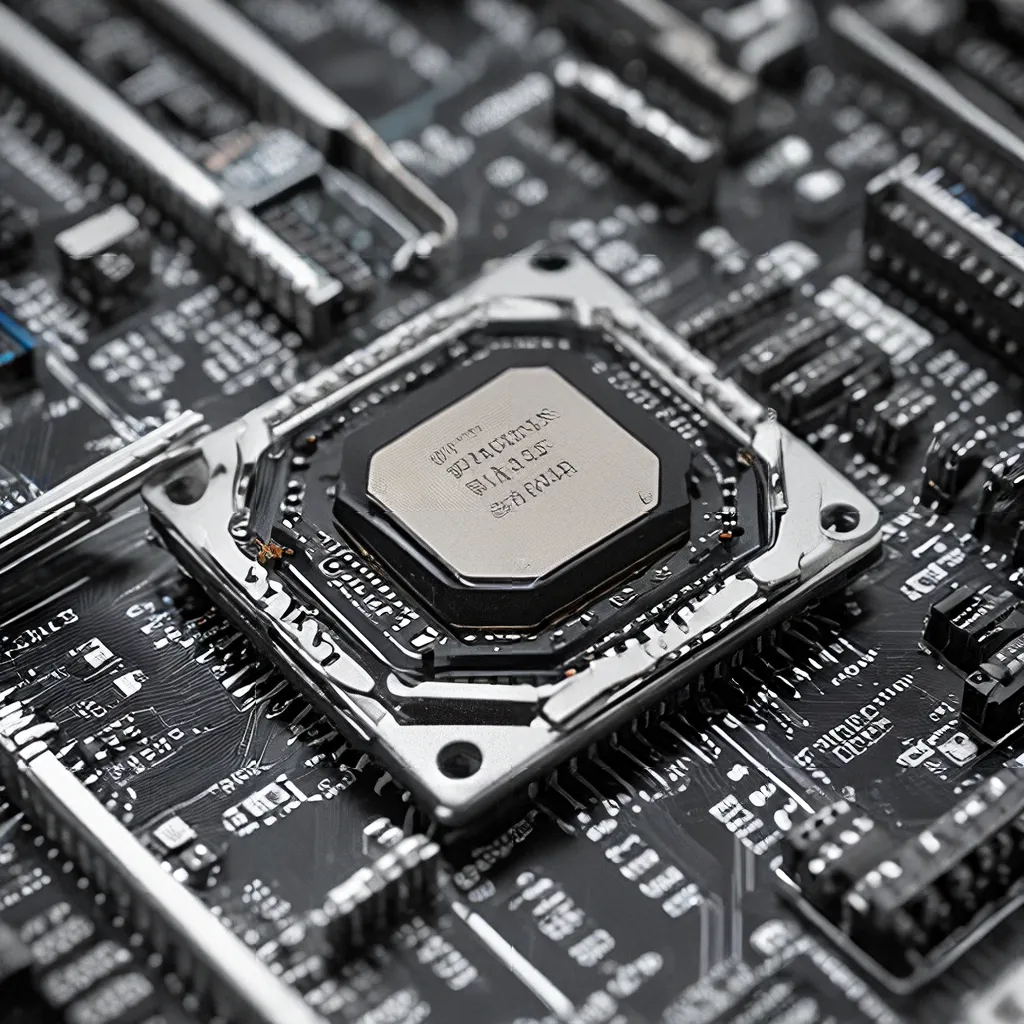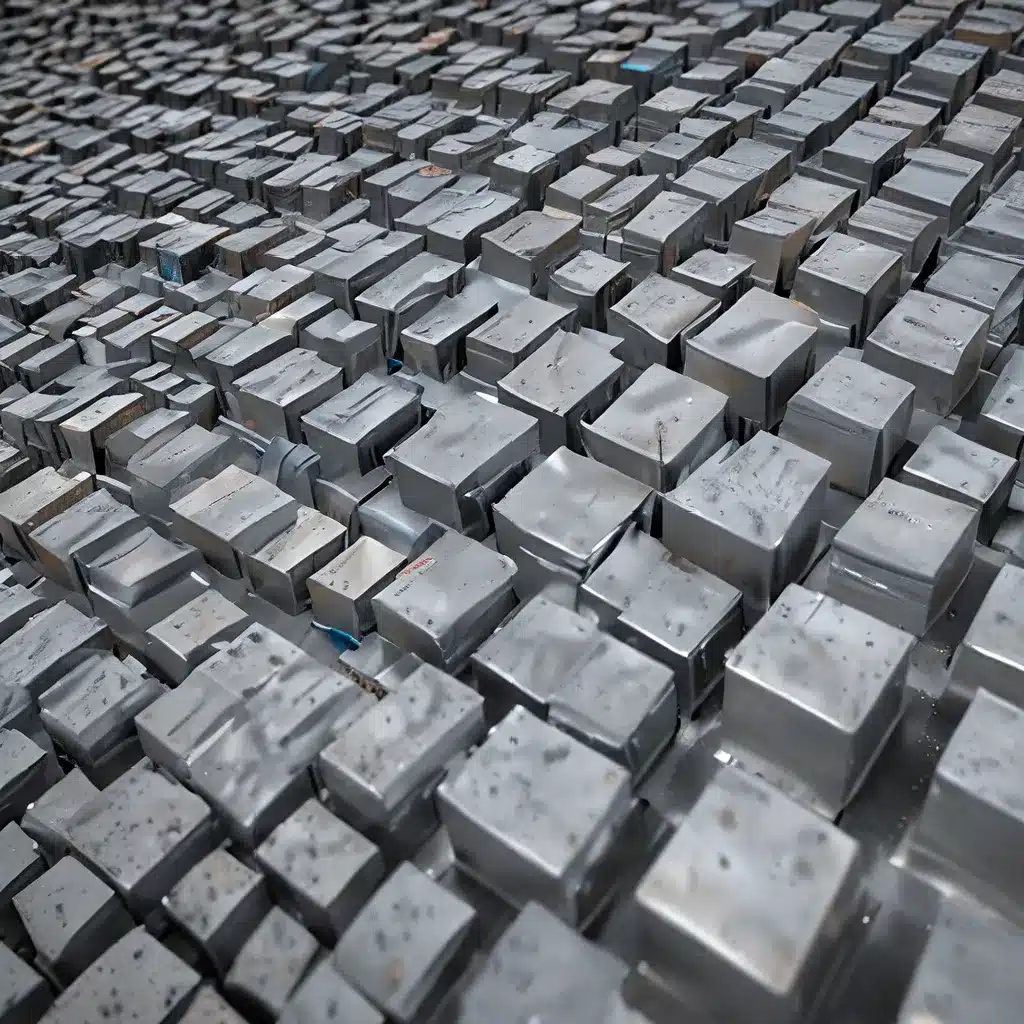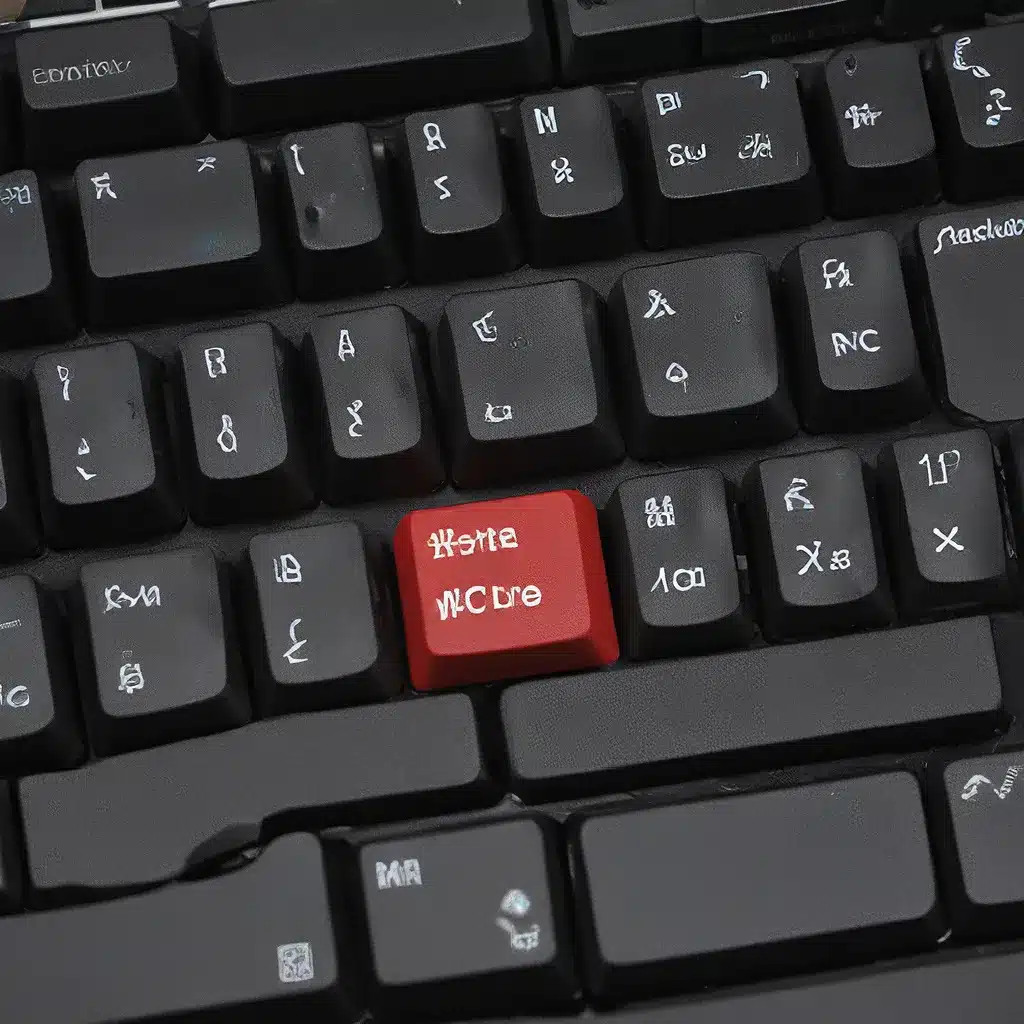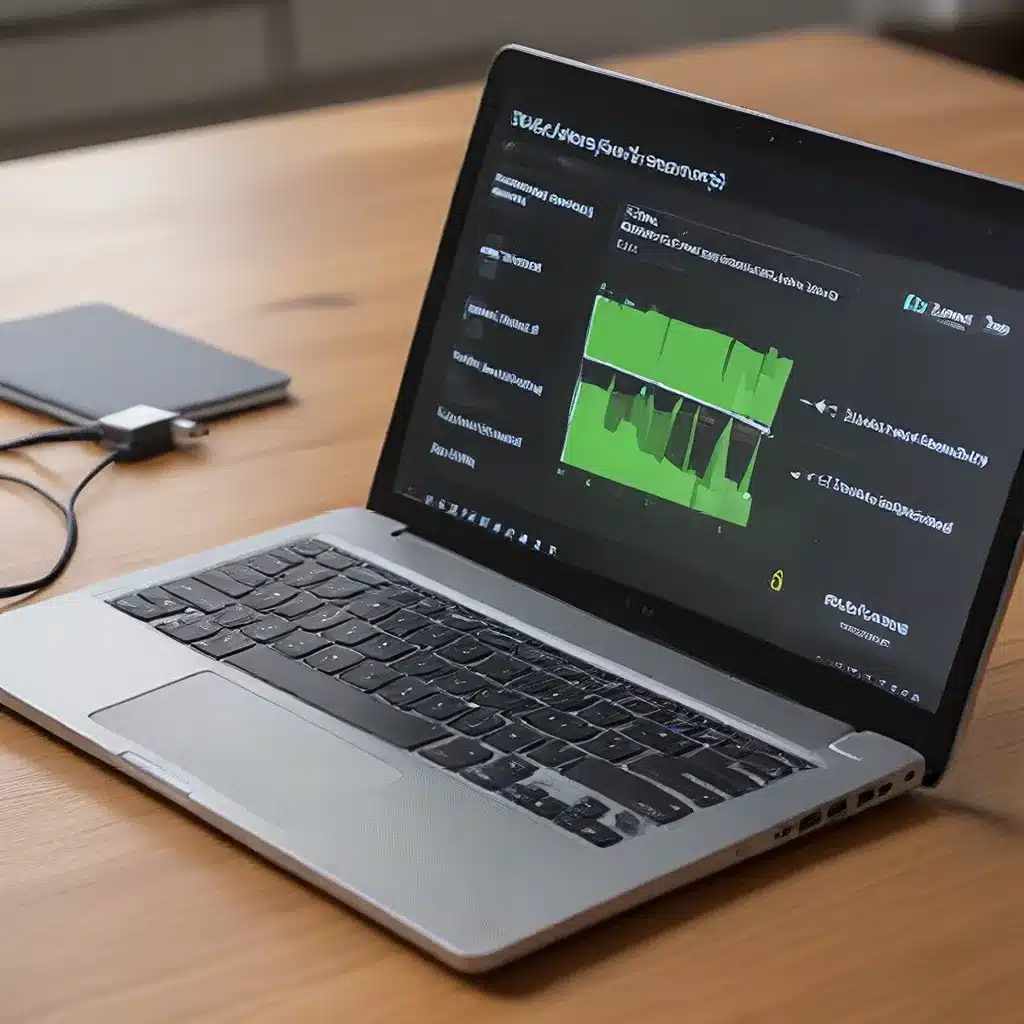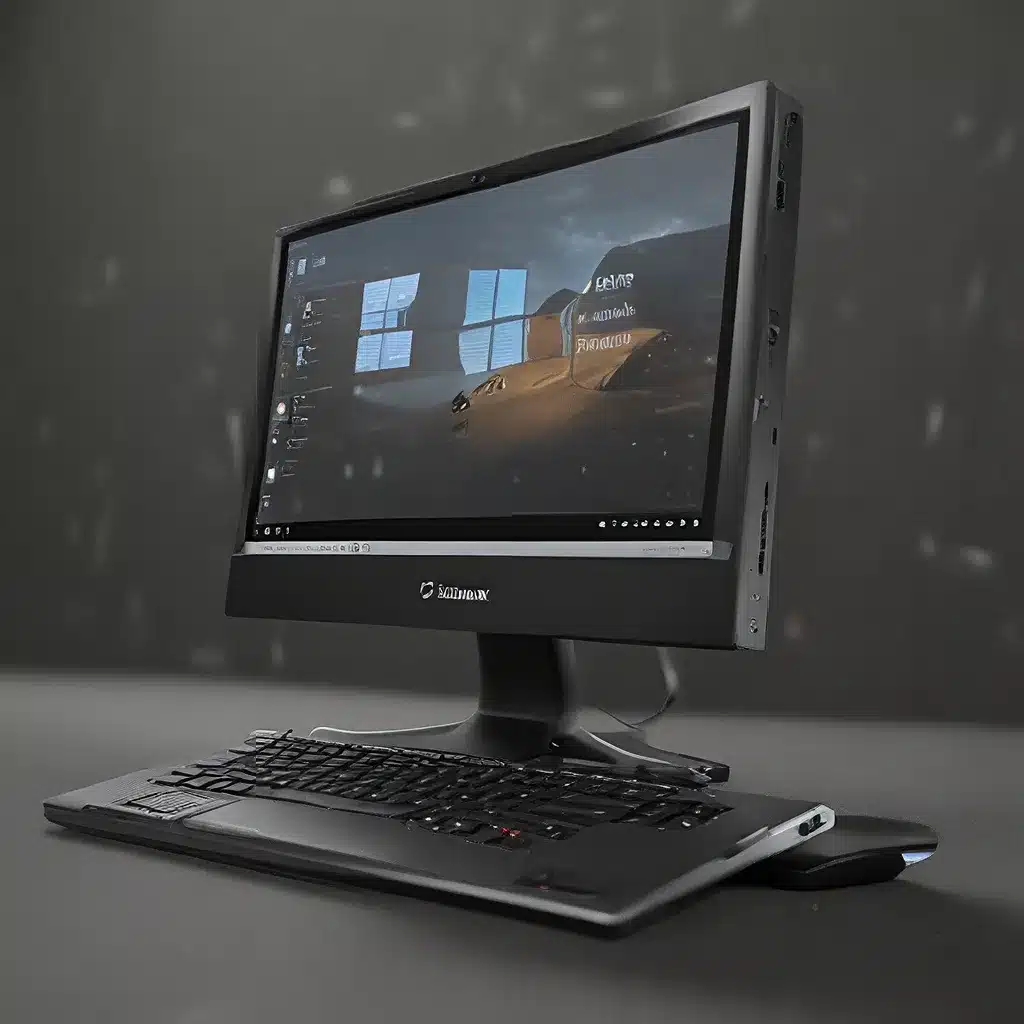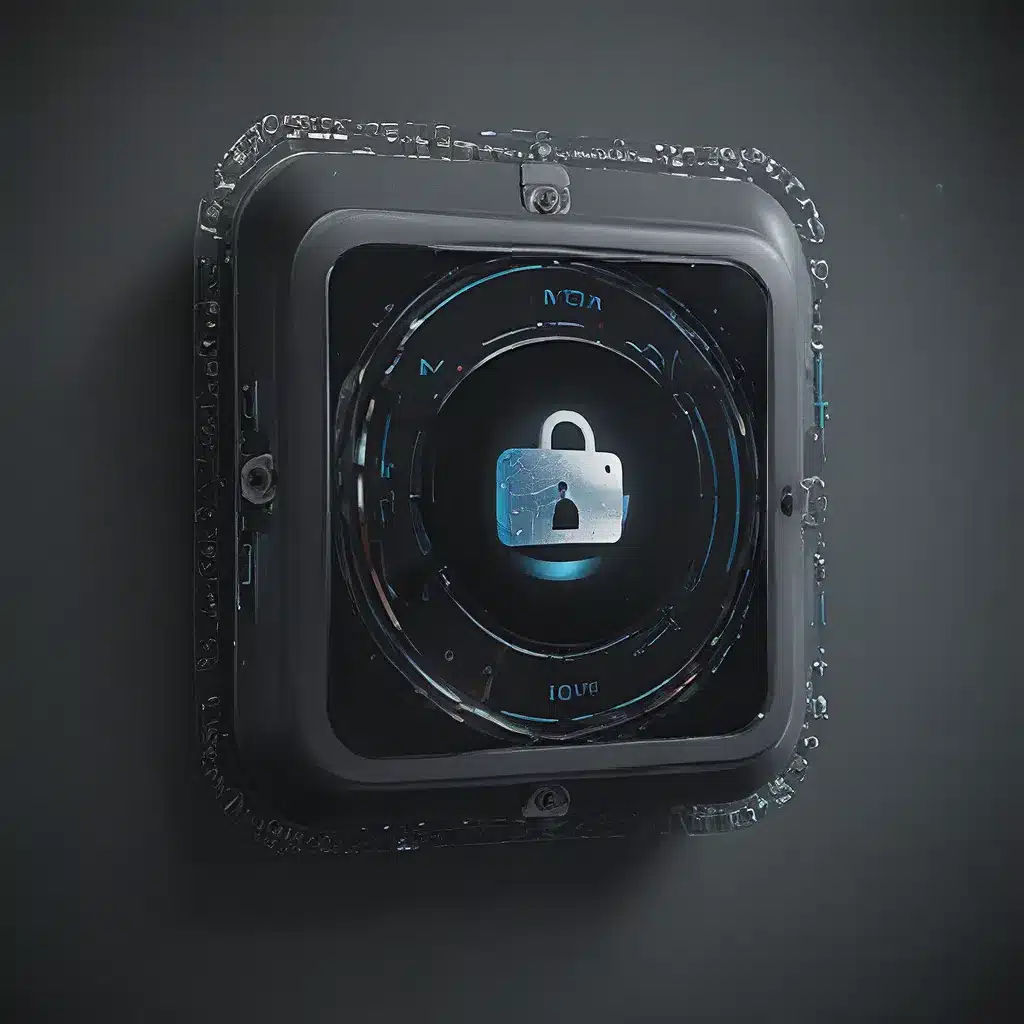Pushing the Limits: Understanding CPU Bottlenecks
As a passionate PC enthusiast, I’ve always been fascinated by the inner workings of our beloved machines. Today, I want to dive deep into a topic that can make or break your gaming experience – CPU bottlenecks.
Imagine you’re a race car driver, zooming down the track with your souped-up engine. But what happens when your tires can’t keep up with the raw power? That, my friends, is a bottleneck. In the world of PCs, the CPU is the engine, and it can easily become the weak link if not properly matched with the rest of your hardware.
Unveiling the Mystery: What is a CPU Bottleneck?
A CPU bottleneck occurs when your processor is unable to keep up with the demands of other hardware components, particularly your graphics card. [1] It’s like having a world-class athlete paired with a toddler on a relay team – the athlete will always be held back by the slower teammate.
In the context of gaming, a CPU bottleneck can manifest in several ways. You might experience stuttering, frame rate drops, or an overall sluggish performance, despite having a powerful GPU. [2] It’s a frustrating scenario, as you can’t simply turn down the settings to alleviate the issue, as you can with a GPU bottleneck.
Diagnosing the Culprit: Identifying a CPU Bottleneck
So, how do you know if your CPU is the culprit behind your performance woes? Well, it’s not as simple as looking at a single benchmark or spec sheet. The CPU’s ability to handle a game’s workload depends on a variety of factors, including the game’s engine, the number of cores and threads it can utilize, and the overall optimization of the software. [3]
For example, a game like Starcraft 2 might struggle on an AMD Ryzen CPU, as it’s heavily reliant on single-thread performance, which is Intel’s strong suit. [2] On the other hand, a game like Battlefield 4 can take full advantage of the extra cores and threads offered by AMD processors. [2]
To determine if your CPU is bottlenecking your system, it’s essential to monitor your hardware usage during gameplay. Tools like MSI Afterburner or HWMonitor can give you a real-time view of your CPU and GPU utilization, helping you pinpoint the culprit. [4]
Striking the Right Balance: Matching Your CPU and GPU
Now, the million-dollar question is, how do you find the perfect pairing between your CPU and GPU? It’s a delicate dance, and the answer isn’t as simple as “get the best of both.” [2]
Imagine you’re planning a dinner party. You’ve got a gourmet five-course meal all planned out, but you only have a small oven to work with. No matter how amazing the food is, the oven is going to be the bottleneck, and your guests will be left hungry. The same principle applies to your PC.
The key is to strike a balance, ensuring that your CPU and GPU are well-matched for the type of gaming you enjoy. [2] If you’re a hardcore Starcraft 2 player, you might want to prioritize a powerful Intel CPU over a top-of-the-line GPU. Conversely, if you’re more into visually stunning open-world games, a beefier GPU paired with a moderately capable CPU might be the way to go.
Overcoming the Obstacle: Strategies to Mitigate CPU Bottlenecks
Now, let’s talk about some practical steps you can take to overcome those pesky CPU bottlenecks.
First and foremost, make sure you’re running the latest drivers for both your CPU and GPU. [5] Optimizations and bug fixes can sometimes make a noticeable difference in performance.
Next, consider adjusting in-game settings. While you can’t directly reduce a CPU bottleneck, you might be able to offload some of the workload to your GPU by increasing graphics settings, such as resolution or texture quality. [2] It’s a delicate balance, but it could help smooth out those frame rate dips.
If you’re still struggling, it might be time to upgrade your CPU. [6] But before you jump the gun, make sure you understand the specific needs of the games you play. Throwing money at the problem won’t always fix it if you’re not targeting the right hardware.
Conclusion: Embracing the Challenge
Navigating the world of CPU bottlenecks can be a daunting task, but with a little knowledge and the right approach, you can unlock the true potential of your gaming rig. Remember, it’s all about finding that sweet spot between your CPU and GPU, and sometimes, it might even require a bit of trial and error.
So, fellow PC enthusiasts, don’t be afraid to dive into the technical nitty-gritty. Embrace the challenge, and let’s conquer those CPU bottlenecks together!
References:
[1] https://www.reddit.com/r/buildapc/comments/2gzkzq/discussion_cpu_bottlenecks_explained/
[2] https://www.quora.com/How-does-the-CPU-bottleneck-affect-gaming-performance
[3] https://www.techspot.com/community/topics/how-does-a-cpu-bottleneck-affect-gpu-performance.185741/
[4] https://forums.flightsimulator.com/t/cpu-bottlenecked-or-main-thread-limited-try-this/548617
[5] https://www.quora.com/How-much-does-a-weak-CPU-affect-how-well-a-game-performs-if-the-GPU-is-very-powerful-and-the-CPU-is-garbage
[6] https://forums.sketchup.com/t/removing-cpu-bottleneck-while-manipulating-sketchup-geometry/13167

